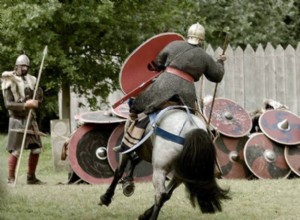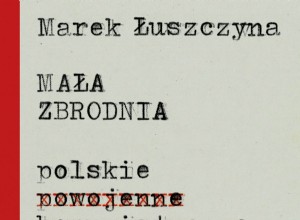According to article 14 of the Spanish Constitution of 1978… Spaniards are equal before the law, without discrimination based on birth, race, sex, religion, opinion or any other personal or social condition or circumstance. But it was not always like this. In fact, during the two years that the




